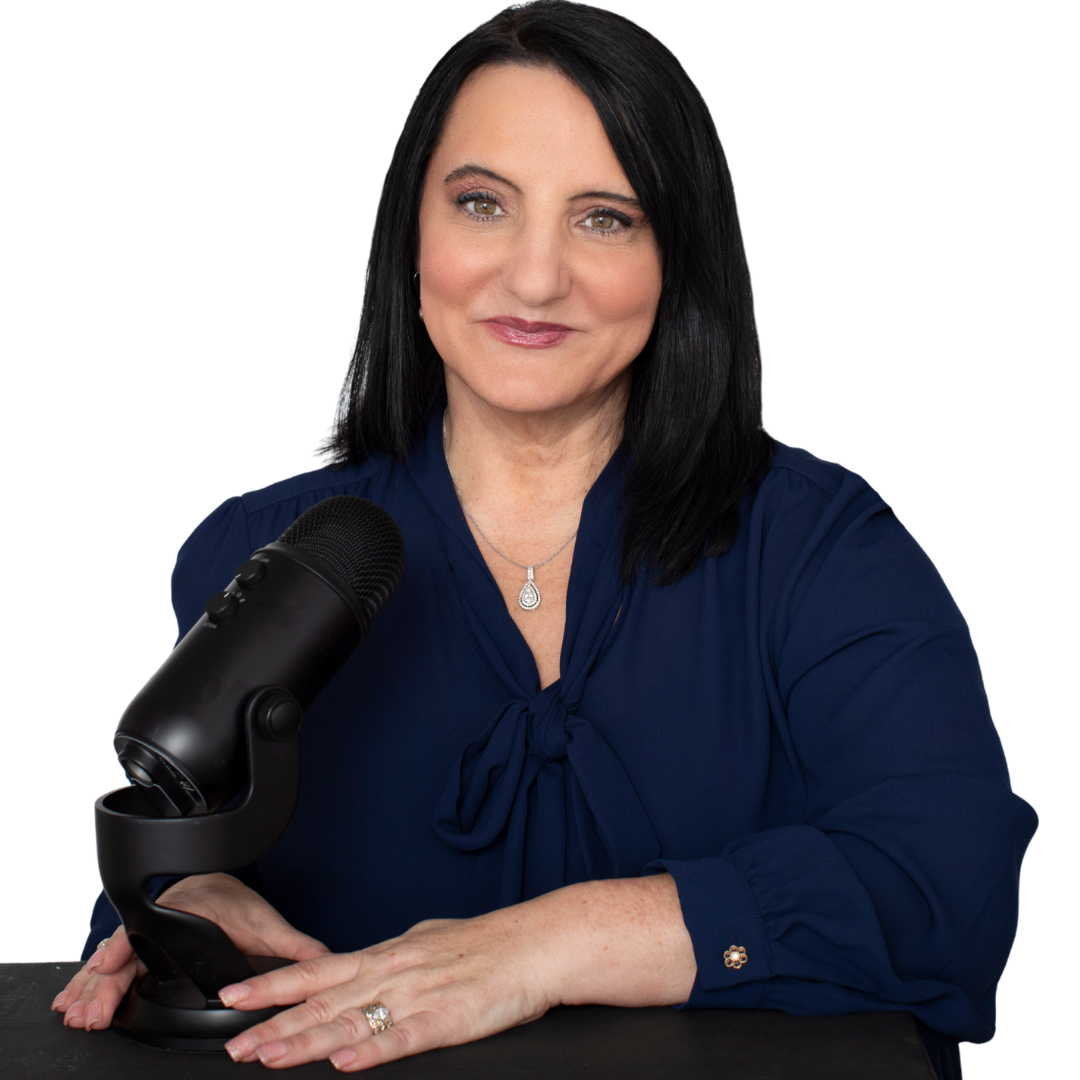Estimated reading time: 7 minutesWhen your child is spiraling with endless questions, rituals, or terrifying intrusive thoughts, it can leave you scared, confused, and desperately searching for answers. You’re not alone—and your child isn’t “being difficult.” Their brain is stuck in fear.In this episode, I break down what OCD really is, why so many kids hide it, and how parents can finally recognize the signs so they can start calming the brain and helping their child feel safe again.
Excessive reassurance seeking is one of the most common—but misunderstood—signs of OCD. Your child isn’t trying to annoy you; their brain is stuck in an irrational fear loop. The more you answer, the more their brain demands.OCD tells them: “If I don’t get reassurance, something bad will happen.”What’s really going on:
Try instead:
Parent StoryA mom shared that her daughter asked, “Are you sure the door is locked?” 18 times every night. When Mom learned to stop accommodating and instead responded, “I know this worry feels strong—and I believe you can handle it,” the cycle slowly weakened.
Kids—especially bright or anxious ones—often hide their compulsions and thoughts because they feel ashamed or confused. Their thoughts can feel bizarre, dark, or frightening.Kids often hide OCD because:
Important note: Dark or disturbing thoughts are a symptom—not a reflection of who your child is.Parent StoryA 10-year-old boy was convinced saying certain words would “make something bad happen” to his family. He hid this for months until the compulsions took over bedtime. Once his parents understood this was OCD—not behavior—everything shifted.Yelling less and staying calm isn’t about being perfect—it’s about having the right tools.Join the Dysregulation Insider VIP list and get your FREE Regulation Rescue Kit, designed to help you handle oppositional behaviors without losing it. Download it now at www.drroseann.com/newsletter
Anxiety comes from a real or anticipated stressor. OCD doesn’t need an actual trigger. The brain just hijacks itself.OCD tends to:
Anxiety tends to:
It’s not bad parenting—it’s a dysregulated brain.
Look at the frequency, intensity, and impact. OCD disrupts daily life and often includes intrusive thoughts that feel uncontrollable.Possible signs of pediatric OCD:
Real-Life ScenarioA child who must have a parent sleep next to them “or something bad will happen” may be experiencing OCD-driven fear—not separation anxiety.🗣️ “OCD is rooted in irrational fear. These thoughts don’t make sense, and they don’t have to be real for your child to feel terrified. Behavior is communication from a dysregulated brain.” — Dr. Roseann
OCD is not a behavior problem—it’s a fear-driven brain pattern your child can’t just “logic” their way out of. When you understand what’s really going on, you can stop accommodating the fear and start calming the brain instead.

Not always. Some kids have “pure O” OCD with mostly intrusive thoughts, but the fear pattern is the same.
Yes. Anxiety can become hijacked when the brain starts using compulsions to manage fear.
Yes. They’re a symptom—not truth or intent.
With the right supports—ERP, brain-based calming, and parent strategies—kids can significantly improve.
Not “bad,” but it strengthens the OCD cycle. Reducing reassurance helps kids build tolerance.When your child is struggling, time matters.Don’t wait and wonder—use the Solution Matcher to get clear next steps, based on what’s actually going on with your child’s brain and behavior.Take the quiz at www.drroseann.com/help

